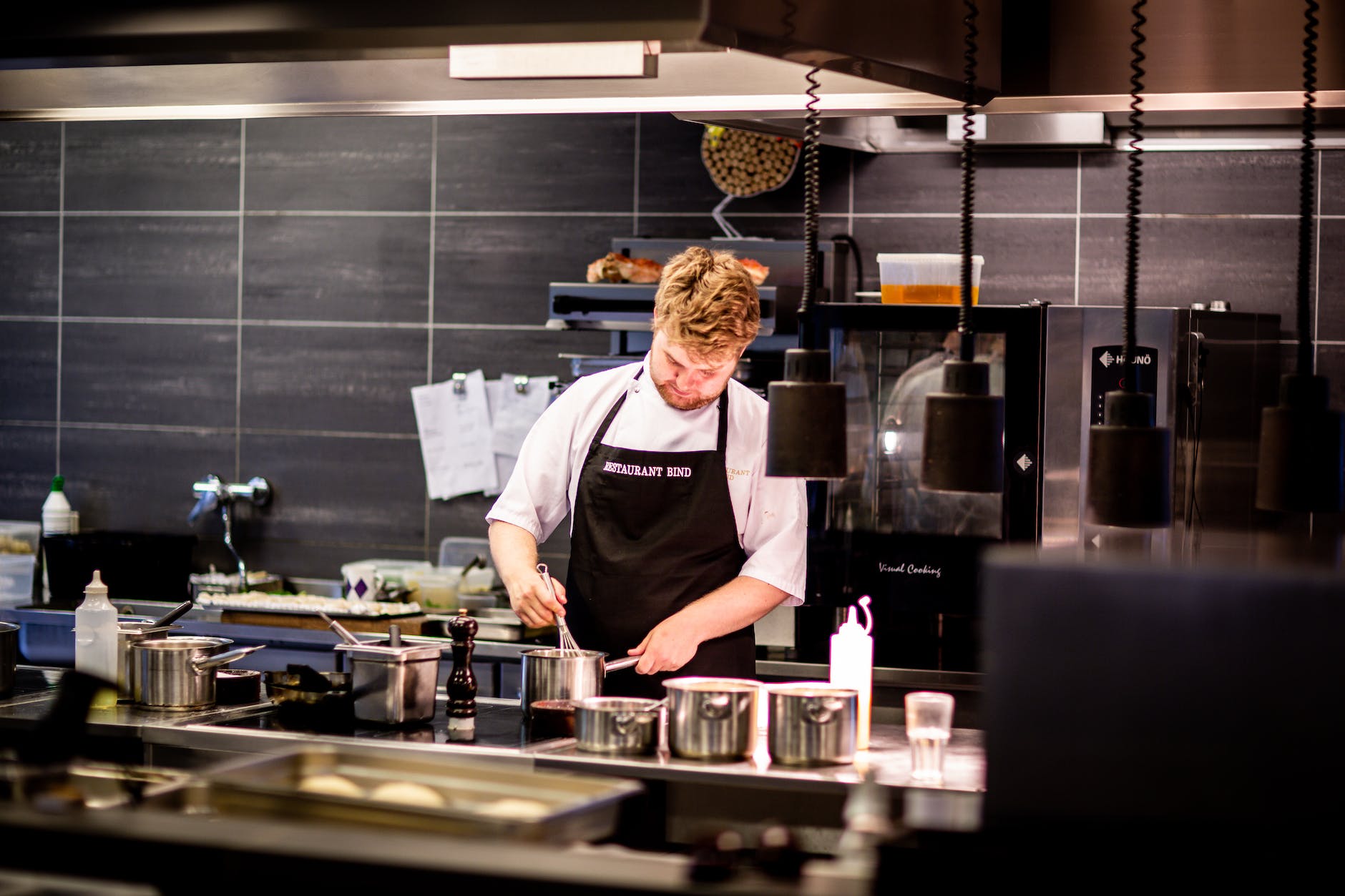Cooking is an art, and having the right cookware is like having the perfect set of brushes for a painter. The cookware you use can significantly impact the outcome of your culinary creations. However, with countless options available in the market, choosing the right cookware can be overwhelming, especially for beginners. In this beginner’s guide, we will walk you through the essential factors to consider when selecting cookware, helping you make informed decisions and set the foundation for a well-equipped kitchen.
I. Understanding Cookware Materials:
- Stainless Steel:
Stainless steel cookware is durable, resistant to rust and corrosion, and offers excellent heat distribution. Look for cookware with an aluminum or copper core for better heat conductivity. - Nonstick:
Nonstick cookware is perfect for low-fat cooking, as it requires minimal oil or butter. It’s easy to clean and prevents food from sticking, but it can be sensitive to scratches and overheating. - Cast Iron:
Cast iron cookware is known for its excellent heat retention and even heating. It provides excellent searing and is suitable for both stovetop and oven use. However, it requires proper maintenance to prevent rust. - Copper:
Copper cookware offers superior heat conductivity and precise temperature control. It provides even heating but can react with certain acidic foods. Look for copper cookware with a stainless steel or tin lining to minimize reactivity. - Aluminum:
Aluminum cookware is lightweight, affordable, and offers good heat distribution. However, it can react with acidic or alkaline ingredients, so opt for anodized aluminum cookware, which is more durable and non-reactive.
II. Cookware Types and Their Uses:
- Skillets and Frying Pans:
Skillets and frying pans are versatile cookware options for searing, sautéing, frying, and even baking. Look for options with a nonstick coating, stainless steel interior, or cast iron construction for durability. - Saucepan:
A saucepan is a must-have for boiling, simmering, and making sauces or gravies. Choose one with a tight-fitting lid and a heat-resistant handle for easy handling. - Stockpot:
Stockpots are ideal for preparing soups, stocks, stews, and boiling large quantities of water. Opt for a stockpot with a sturdy construction, heat-resistant handles, and a secure lid. - Dutch Oven:
A Dutch oven is a versatile cookware item that can be used for braising, roasting, stewing, and even baking bread. Look for options with an enamel coating for easy cleaning and even heat distribution. - Bakeware:
Bakeware includes items like baking sheets, cake pans, and muffin tins. Consider the material (such as aluminum, stainless steel, or nonstick) and choose sizes and shapes that suit your baking needs.
III. Considerations for Safe and Efficient Cooking:
- Handles:
Ensure the cookware has ergonomic, heat-resistant handles that provide a comfortable grip and stay cool during stovetop use. Riveted handles are generally more durable. - Lids:
Lids help trap heat and moisture, allowing for even cooking. Look for lids that fit snugly and have a heat-resistant handle or knob for easy lifting. - Compatibility:
Consider the cookware’s compatibility with your cooking appliances. Induction cooktops, for example, require cookware with magnetic properties, such as stainless steel or cast iron. - Maintenance and Care:
Some cookware requires specific maintenance, such as seasoning cast iron or handwashing nonstick pans. Consider the cleaning and care requirements to ensure longevity and performance. - Budget:
Set a budget that suits your needs and prioritize essential cookware pieces. Invest in quality options that will last longer and provide better cooking experiences.
Conclusion:
Choosing the right cookware is an essential step in creating delicious meals and enjoying the cooking process. By understanding the various materials, cookware types, and considerations for safe and efficient cooking, you can make informed decisions when selecting your kitchen essentials. Remember to consider your cooking style, preferences, and budget while investing in cookware that will serve you well for years to come. With the right cookware in your hands, you’ll be equipped to explore new recipes, unleash your creativity, and elevate your culinary skills.
